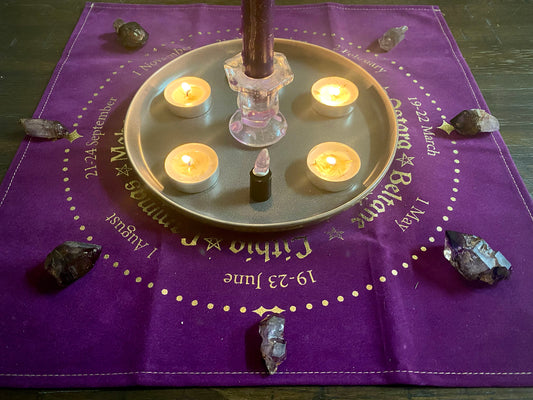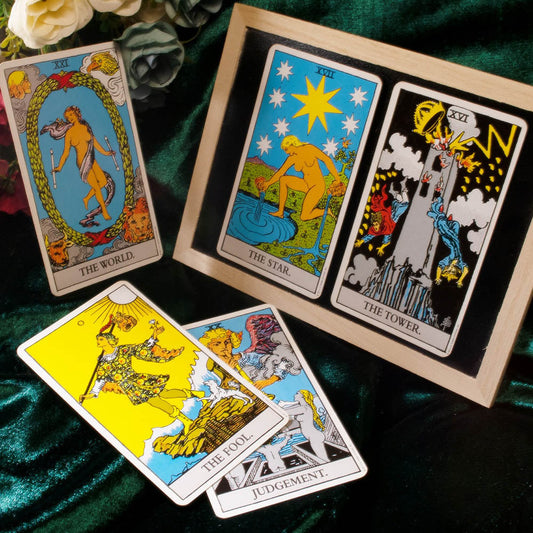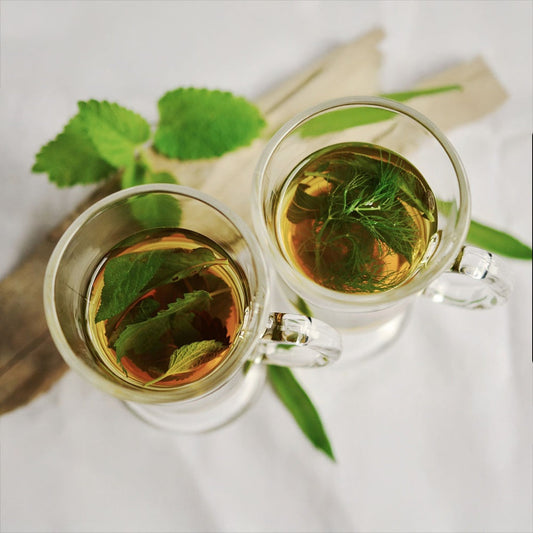Herbs are believed to possess intrinsic energies that align with various aspects of life and magic. These energies can be harnessed to amplify intentions, protect against neg

ative influences, or manifest desired outcomes. Each herb carries its specific vibration and corresponds to different elements, planets, or deities. For instance, rosemary is often associated with memory and protection, while lavender is linked to peace and purification.
When incorporating herbs into rituals, practitioners tap into these energies to bolster their magical intent. The process begins with selecting herbs that resonate with the specific purpose of the ritual. This selection requires a deep understanding of herbal correspondences and an awareness of how these energies interact with one another.
Preparing Herbs for Ritual Use

Before using herbs in rituals, they must be prepared in a manner that respects their natural essence. This preparation can involve drying, grinding, or creating infusions or oils. The act of preparing herbs is itself a ritualistic process that allows the practitioner to connect with the plant's spirit and infuse it with personal intent.
For example, when preparing an herbal sachet for protection, one might choose to grind rosemary and basil together while focusing on the intention of safeguarding one's home. This act transforms the herbs from mere plants into powerful tools charged with specific purposes.
Employing Herbs in Spell Casting
In spell casting rituals, herbs can be employed in various forms depending on the desired effect. Here are some common methods:
1. Burning Burning herbs as incense is a popular method for releasing their energies into the atmosphere. Sage and cedar are often burned for cleansing spaces and banishing negativity. When burned during a ritual, the smoke acts as a vehicle for carrying one's intentions into the spiritual realm.

2. Creating Herbal Infusions: Herbal teas or baths can be used in rituals to absorb the plant's properties directly into one's body or aura. A bath infused with chamomile and lavender might be used before a ritual to promote relaxation and clarity of mind.
3. Crafting Talismans or Amulets: Herbs can be sewn into pouches or embedded in wax talismans for continuous influence. Carrying an amulet filled with mint leaves may attract prosperity and abundance throughout daily life.

4. Drawing Sigils: Some practitioners use ground herbs mixed with water or oil to draw sigils or symbols on altars or objects within their sacred space. This method combines visual symbolism with herbal energy to enhance spells related to love or protection.
5. Anointing Candles: Rubbing candles with herbal oils before lighting them during rituals imbues them with specific intentions aligned with the chosen herb's properties. A candle anointed with cinnamon oil might be used in spells aimed at increasing passion or vitality.
Cautionary Considerations
While herbs offer powerful enhancements to magical practices, they should be used wisely and ethically:
- Research Thoroughly: Not all herbs are safe for consumption or direct skin contact; some may cause allergic reactions or interact adversely with medications. It is essential to research each herb thoroughly before use.

- Sustainability: Harvesting wild herbs without regard for ecological balance can lead to environmental harm. Whenever possible, source herbs sustainably by growing them personally or purchasing from reputable suppliers who practice ethical harvesting.
- Respect Cultural Significance: Many cultures have rich traditions surrounding specific herbs; appropriating these practices without understanding their cultural significance can be disrespectful. Approach such practices with humility and seek permission if necessary.
- Mindful Intentions: Magic should always be practiced responsibly; using herbs in spells aimed at manipulating others' free will goes against ethical principles upheld by many practitioners.
Summary
Integrating herbal energies into formal magical rituals offers profound benefits by connecting practitioners more deeply with nature's wisdom while enhancing their spiritual endeavors' potency through tangible means like the scent (incense), taste (infusions), touch (talismans), sight (sigils), and sound (a crackling fire).
This engagies all senses holistically during spell casting processes making them more effective overall. Done mindfully and ethically, respecting both the natural world and cultural heritage surrounding these ancient practices , your magic will benefit greatly in manifesting your desired outcomes in your life journey ahead!




